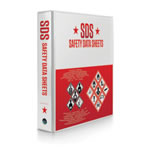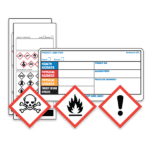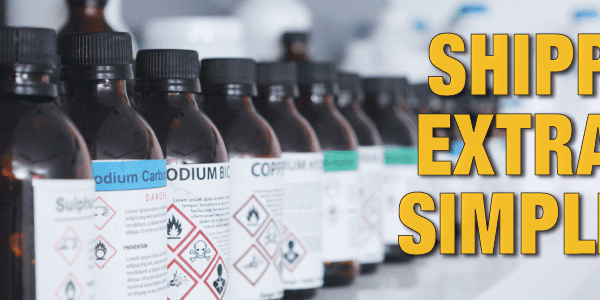 The Hidden Risks of Dry Shampoo
The Hidden Risks of Dry Shampoo
In recent years, dry shampoo has become a staple in the beauty routines of many. Its convenience and ability to revive second-day hair have made it a popular choice for people on the go. However, a shocking revelation has sent ripples through the beauty industry and the homes of consumers: the recall of dry shampoo products containing benzene. Benzene is a known carcinogen, and its presence in everyday products raises significant concerns about human health. In this article, we’ll explore the recent dry shampoo recall, the dangers of benzene, and what consumers should be aware of when it comes to their personal care products.
The Dry Shampoo Recall
The dry shampoo recall came to light when several brands voluntarily removed their products from the market due to the presence of benzene. Benzene is a colorless, flammable liquid with a sweet odor that is commonly used in the manufacture of various chemicals and plastics. While it can be naturally occurring, its presence in beauty products is a cause for alarm. Several popular dry shampoo brands were affected, which sparked investigations into the source of contamination.
The Hazards of Benzene to Human Health
Benzene is classified as a Group 1 carcinogen by the International Agency for Research on Cancer (IARC). This means there is sufficient evidence that benzene can cause cancer in humans. Here are some of the ways in which benzene exposure can negatively impact human health:
- Cancer: Long-term exposure to benzene has been linked to the development of various types of cancer, including leukemia, lymphomas, and multiple myeloma. These conditions can be life-threatening and are often challenging to treat.
- Bone Marrow Damage: Benzene exposure can interfere with the production of blood cells in the bone marrow. This can lead to anemia and a weakened immune system, making the body more vulnerable to infections.
- Respiratory Problems: Inhaling benzene vapors can irritate the respiratory system and cause symptoms such as coughing, shortness of breath, and chest discomfort.
- Neurological Effects: Prolonged exposure to benzene can also affect the central nervous system, leading to symptoms like dizziness, headaches, and, in severe cases, unconsciousness.
- Reproductive and Developmental Issues: Benzene exposure has been associated with reproductive problems, including reduced fertility and developmental abnormalities in children.
Consumer Awareness and Safety
Consumers must be vigilant about the products they use, and dry shampoo is no exception. Here are some steps you can take to protect your health:
- Check Product Labels: Look for ingredient lists on the product packaging. While benzene might not always be explicitly listed, try to avoid products with vague ingredient descriptions or those that include harmful chemicals.
- Research Brands: Do some research on the brands you use. Look for those with a strong commitment to product safety and transparency in their ingredient sourcing and manufacturing processes.
- Report Adverse Reactions: If you experience any adverse reactions to a product, report it to the manufacturer and appropriate regulatory agencies. This information can help identify and address potential issues.
- Consider Alternatives: If you are concerned about the ingredients in your personal care products, explore natural or organic alternatives. There are many safe and effective options available.
The recall of dry shampoo products containing benzene serves as a stark reminder of the importance of being informed consumers. While dry shampoo can be a convenient addition to your beauty routine, it’s crucial to prioritize your health and safety. Stay vigilant, check product labels, and research brands to ensure the products you use are free from harmful ingredients. As the beauty industry continues to evolve, we must advocate for safer and more transparent manufacturing practices to protect our well-being.
ICC Compliance Center has a team of full-time Regulatory Experts who have years of experience and are certified/recognized in their field of expertise. Ask us your tough questions by calling 888.442.9628 (USA) or 888.977.4834 (Canada) or send us an email.
Stay up to date and sign up for our newsletter!
We have all the products, services and training you need to ensure your staff is properly trained and informed.
 Safety Data Sheet Safety Data Sheet(SDS) Services |
 GHS/OSHA/WHMIS GHS/OSHA/WHMISLabels |
 OSHA/WHMIS/GHS OSHA/WHMIS/GHSTraining Courses |

 The Hidden Risks of Dry Shampoo
The Hidden Risks of Dry Shampoo



